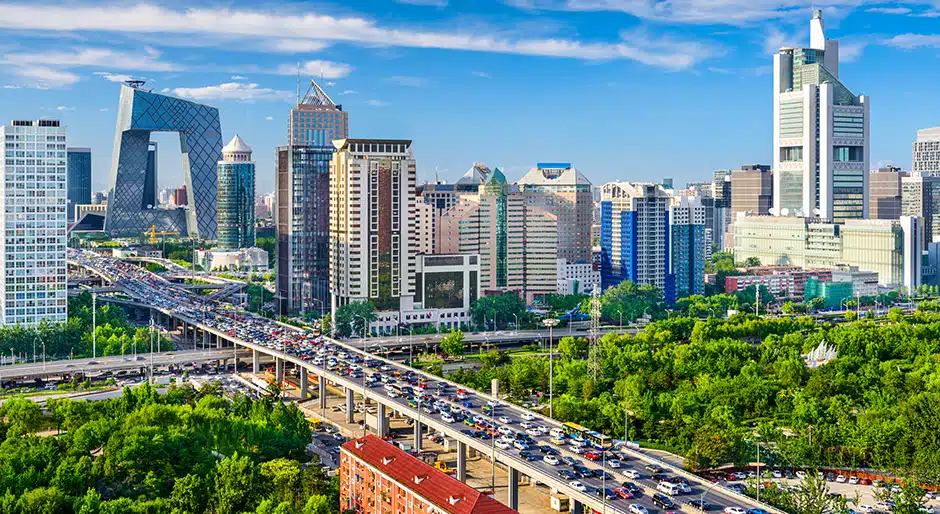China’s stabilizing economy
With all the talk in recent years of whether or not China’s economy will face a hard or soft landing — as the country’s GDP growth declines, it transforms to a consumer-based economy, roots out corruption, adjusts financial controls on inbound and outbound capital, and so on — KKR’s 2018 Global Macro Outlook has a far more pointed take: “Nominal GDP in China fell 68 percent from 2011 to 2015; as such, China’s economy has already crashed, in our view.”
For 2018, the firm believes China’s real GDP growth will decline 30 basis points to 6.5 percent because of a cooling housing market, lower infrastructure spending growth, increased anti-pollution measures, and additional supply-side reforms. Helping to somewhat offset these headwinds for China’s economy, notes KKR, will be the country’s tight job market, wage growth and strong consumer confidence. In addition, the firm believes higher growth in the United States could encourage greater export demand from China.
Importantly, the report indicates China’s current, decelerated pace of growth appears more sustainable. This is based on three factors:
- Sales downturn in some industries due to corruption investigations are now benefiting from easier year-over-year comparisons.
- Chinese citizens have increased confidence in the Chinese government’s command of the country’s economy, as well as China’s role in the global economy as the United States retreats to a more nationalistic agenda. (Related to this point, a new Gallup opinion poll of 134 countries has approval ratings for China’s leadership role in the world at 31 percent, just above the United States’ 30 percent under the Trump administration, down from 48 percent a year earlier under the Obama administration. This new poll sees Germany in first place, with 41 percent, followed by China, the United States and Russia, which garnered 27 percent approval for is global role.)
- “New economy” sectors in China are booming, encouraged by fresh funding sources, greater innovation and job creation, all of which are partly offsetting weaknesses in stagnant parts of China’s “old economy.”
The bottom line for China is that, while growth will continue to cool, a sharp deceleration is unlikely and, even though inflation will rise, it will remain within the government’s comfort zone, according to KKR. In addition, the report indicates, “macro prudential measures will remain in place to restrain credit growth in the shadow-banking sector and control capital outflow pressures, and as such, it should allow the People’s Bank of China to keep the benchmark interest rate steady” in 2018.
A full copy of the report may be found here.

